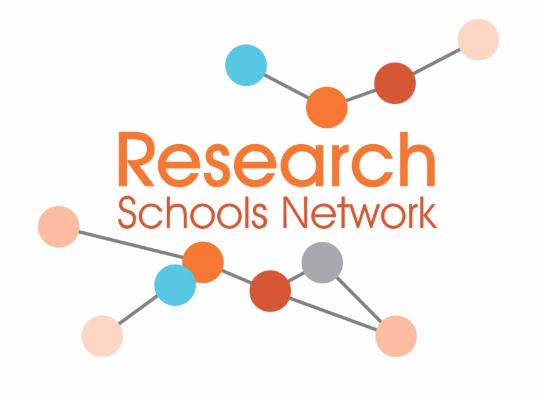What is the desired outcome of a child’s primary education? The National Curriculum (2013) states that it “provides pupils with an introduction to the essential knowledge that they need to be educated citizens”. Schools visions, aims and values often advocate happiness, independence, and readiness for life beyond the primary environment. If all children left Year 6 with the aforementioned qualities, educators everywhere would be thrilled. However, the question is, how can practitioners make this a reality? Although there is not one thing that can tick every box, supporting children to develop metacognitive strategies and the skills to self-regulate is a brilliant place to start.
The EEF have published research around the importance and impact of metacognition and self-regulation, stating that the use of such strategies could incur +7 months progress (if used effectively). A low cost, high impact strategy that is not only research informed, but also can support independence and academic progress is the dream educators world-wide have been longing for! So, what is it, how does it work, and how can you include it in your everyday practice?
Self-regulation is the extent to which a learner can identify their strengths and weaknesses, as well as being aware of the strategies they use to learn (EEF, 2021). Metacognition is an element of self-regulation and can be defined as ‘the process involved when learners plan, monitor, evaluate and make changes to their own learning behaviours’
(The Cambridge Education Team). When you dive into the research, there is an abundance of strategies for educators to adopt, to encourage the development of metacognitive and self-regulative strategies.
One such recommendation by the EEF, is teachers modelling their own thinking, to help pupils to develop their metacognitive and cognitive skills. This is referred to as ‘metacognitive talk’, which in simpler terms can be defined as ‘a person saying out loud what they are thinking whilst they are carrying out a task’, (The Cambridge Education Team). The concept sounds simple enough yet is an artform in itself, that must be mastered in order to have the desired outcome.
Metacognition and self-regulation
Publication Source

